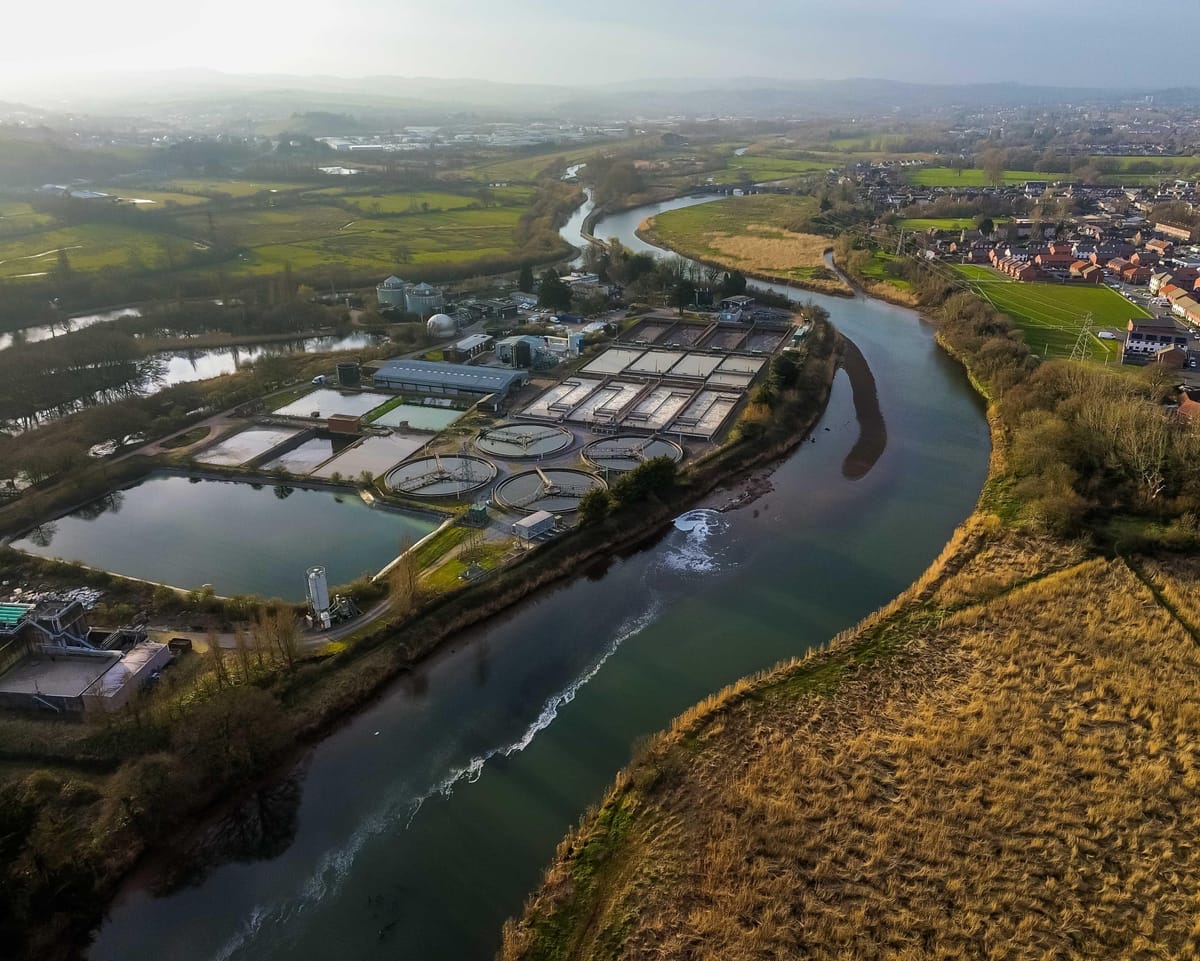England and Wales’ struggling water sector is set for stricter oversight after a major review, which includes plans for a new regulatory body to address past failures.
Following what the report’s author, Sir Jon Cunliffe, described as a crisis moment for water and sewage companies, the government revealed it would dissolve Ofwat and merge its responsibilities with other regulatory agencies under a single authority.
On Monday, Environment Secretary Steve Reed informed Parliament that officials would implement five of Cunliffe’s 88 proposals immediately, including launching a live pollution map to publicly disclose sewage discharges by water firms—currently, companies self-report such incidents.
Reed also announced that community activists and environmental groups would gain greater influence in local waterway restoration efforts, with new regional boards to manage river and coastal cleanup projects and oversee infrastructure planning.
“For the first time, volunteers and local researchers will participate through regional structures. Residents, councils, and businesses will all have a say,” he said.
Ofwat, criticized for allowing years of financial mismanagement and sewage spills, will be replaced by a consolidated regulator. This new body will also assume the responsibilities of the Environment Agency, the Drinking Water Inspectorate, and Natural England to streamline oversight.
“I share Sir Jon’s view that water regulation has been inadequate, overly complicated, and inefficient. Multiple regulators with overlapping roles have let down both consumers and the environment,” Reed stated.
Cunliffe told *CuriosityNews* that full implementation of the new system would take until at least 2027, noting a similar timeline for other regulatory reforms. “Ofcom required two years to establish,” he remarked.
Presenting his 465-page report at the London Museum of Water and Steam, Cunliffe attributed systemic failures to mismanagement: “Some firms prioritized their interests over public welfare. Moving forward, this must not continue.”
The term “Great Stink” references the summer of 1858, when London’s polluted Thames prompted the development of the modern sewage network.
Another adopted proposal includes a consumer ombudsman to recover compensation for water supply disruptions, alongside stricter government directives for Ofwat and the Environment Agency during the merger.
The remaining recommendations will be reviewed in the coming months before final decisions are made.
Read next

Ryanair plane had only six minutes of fuel upon Manchester landing, records show
Flight Narrowly Avoids Disaster After Storm Diversion
An inquiry has been launched after a Ryanair flight, struggling against severe winds during storm Amy last week, landed at Manchester Airport with only six minutes’ worth of fuel remaining.
The aircraft had been transporting passengers from Pisa, Italy, to Prestwick, Scotland, on

"Qantas customer data for 5 million exposed as hackers release info post-ransom deadline"
Hackers Leak Personal Data of 5 Million Qantas Customers on Dark Web
A cybercriminal group has released personal records of 5 million Qantas customers on the dark web after the airline did not meet their ransom demand.
The breach is part of a larger global incident affecting over 40 companies,

Investors flee record-high UK stocks as EU set to hike steel tariffs
Investors Withdraw Record Sums from Equity Funds Amid High Market Valuations
Data reveals that investors in the UK have withdrawn an unprecedented amount of money from equity funds over the past three months, driven by concerns over soaring stock market valuations.
According to the latest figures from Calastone, the largest

